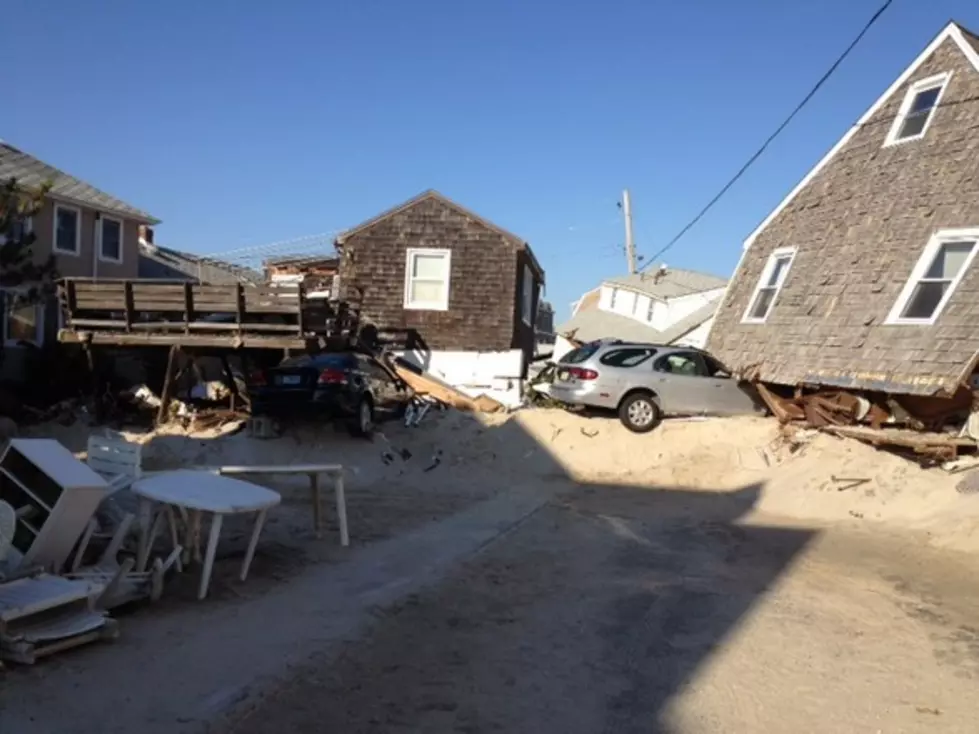![Environmental Groups Wants Smarter Rebuilding After Sandy [AUDIO]](http://townsquare.media/site/385/files/2012/12/photo31.jpg?w=980&q=75)
Environmental Groups Wants Smarter Rebuilding After Sandy [AUDIO]
A coalition of environmental groups is issuing a set of principles it wants legislators in all level of government to consider when crafting policies for reconstruction after Sandy.
The contingent features Clean Ocean Action, The American Littoral Society, New Jersey Sierra Club, the Surfrider Foundation, and ten other groups who jointly issued a formal letter to the US Senate and House of Representatives asking them to consider dispensing recovery funds towards projects that reduce future risk of storm damage, addresses climate change, and fosters adaptation of environmentally healthy practices as the "new normal".
"We see the restoration as an opportunity to enact some of the green infrastructure and some of the techniques to help the coast as it develops. "
Tim Dillingham, head of the American Littoral Society stressed the role infrastructure and land use options had during the storm. Noting the changes proposed by the ten principles can safe guard against the possibility of the next severe weather event.
"The idea of simply going back in and building exactly where we were before sets ourselves up for the same type of pain and destruction that our community our communities are experiencing now."
Ed Potosnak, head of the league of Conservation Voters, says construction efforts can't assume every storm will be an exact replica of Sandy, so they can't count of the same solutions.
"When the next severe storm plays out, it's not playing out like a TV rerun, and these set of principles that were sharing is guidance to ensure we do it differently and better."
Particularly, he notes the possibility of stopping construction in areas that are prone to flooding, and give residents more information about where they live.
"I've heard time and time again along the shore saying I never expected that this would come, and scientists have been telling us for years that we should be expecting storms like this."
Jeff Tittel, president of the Sierra Club said prior there was a disconnect between local municipalities, counties, and Trenton; it's important that change.
"So as we rebuild we need to have a better collaborative effort between different levels of government. The best way to do it through better state planning and fixing permitting programs through better regional and coastal planning."
The groups say it's important to seize the opportunity of the tragedy and create changes that can keep residents safer in the future.
Ultimately, Zipf says keeping the shore healthy is beneficial for the state's coffers.
"At the end of the day, the coast is what draws people to the shore, and in order to continue that it needs to be clean and it needs to be healthy."
More From New Jersey 101.5 FM









